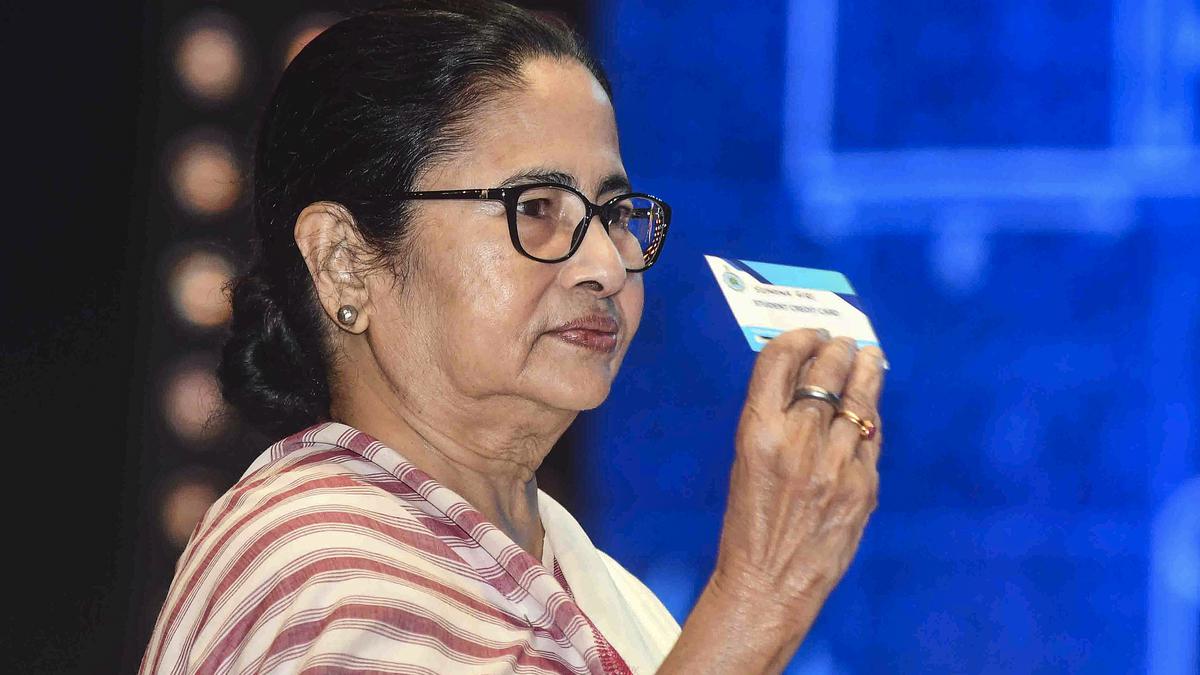The Chief Minister of West Bengal, Mamata Banerjee, has issued a stern warning of potential economic blockades targeting educational institutions if the state’s Governor continues to interfere in the functioning of the government. This escalating political conflict has sparked concerns about the impact on education and governance in the region.
The dispute between the Chief Minister and the Governor has intensified in recent months, with both sides accusing each other of overstepping their constitutional roles. Mamata Banerjee’s threat of economic blockades against educational institutions comes as a response to perceived interference by the Governor in state affairs.
The Chief Minister has stated that if the Governor continues to interfere, she will instruct her party supporters to organize protests and block access to funds for educational institutions under the Governor’s purview. This threat has raised concerns about the potential disruption of academic activities and the financial stability of these institutions.
Education plays a crucial role in the development of any region, and disruptions to educational institutions can have far-reaching consequences for students, faculty, and the overall socio-economic progress of the state.
Political tensions between the state government and the Governor’s office have also raised questions about the functioning of democratic institutions and the need for effective communication and collaboration among key stakeholders.
As the situation unfolds, there is a growing call for dialogue and reconciliation to ensure that the interests of students and the state’s development are not adversely affected. It remains to be seen how this political standoff will impact the governance and education landscape in West Bengal and whether a resolution can be reached to address the underlying issues.










